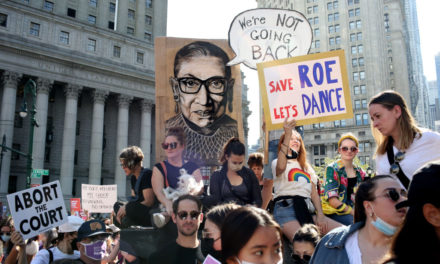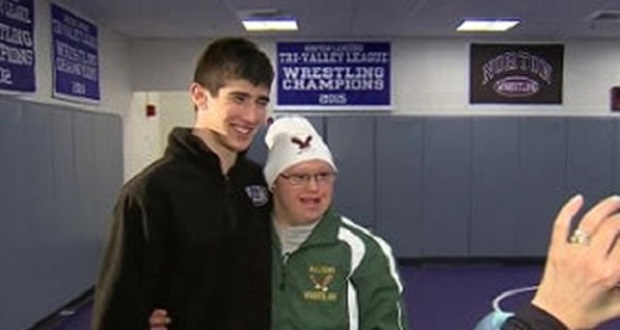
Years ago, following the death of Philando Castille here in Minnesota, our community and our companies were reeling. Employees reached out to our Diversity and Inclusion team to help them navigate: Where does our organization stand when it comes to black lives? What resources and spaces exist to help me navigate my identity in the workplace? How do I show up to work when I can’t check this part of my identity at the door? And so, we found ways to support, creating “Open Conversations,” a platform to help our teams talk about their experiences with race and address the complex feelings that often accompany these incidents—feelings that I myself, as a Black woman who only weeks later was pulled over by a police officer, had not yet processed.
Fast-forward to last week. I was attending a beautiful community event: In one of our community’s most trusted and historical cultural spaces, we revealed the opening of our new Birth Center with Equity highlighted as one of our pillars. I listened to a presentation that was all too familiar to me, having recently given birth myself. It cited that Black babies die at twice the rate of white babies and Black mothers, regardless of socio-economic status or educational attainment, have significantly higher rates of maternal mortality than do their white counterparts with a middle school education.
This week, as I combed through my email, as always, there were articles passed along to me by colleagues. The first is about the experiences of Black women in corporate America. The second, a New York Times article about how healthcare may inadvertently prolong the suffering of African American patients at the end of their life, brought me to my knees. I closed the door of my office and wept.
Each of these moments was one that filled me with immense pride in the organization that I work for. We are walking the walk – advancing solutions that impact health equity and closing gaps for the most marginalized of our patients and members. I have colleagues who are thinking about these issues, and sharing thought pieces with me so that we can continue to look for ways to improve. In this regard, I am one of the luckiest DEI leaders in the space.
But something else happens for me in doing this work as well. As a woman of color, I look at each of these statistics and I don’t only see the work that is ahead of us as an organization. I see the life that is ahead of me as a human being. Having worked to attain an education and a career that defies the odds, I was disheartened to learn that I was essentially helpless when it came to protecting my child and me from poorer health outcomes than our white counterparts. And as I read the New York Times piece, I could not help but think – from cradle to grave, racism still wreaks havoc on our lives.
As a woman of color, I look at each of these statistics and I don’t only see the work that is ahead of us as an organization. I see the life that is ahead of me as a human being. Click To TweetWhich then led to my next question. What does continued exposure to the knowledge of inequity do the emotional and mental well-being of individuals whose identities match those of the groups under consideration? For me and others, what does it mean to be a diversity and inclusion practitioner in healthcare, whose identity is also the very subject of racial inequities? It is, to say the least, emotionally taxing.
I don’t have answers to these questions, only an ever-present and ever-gnawing realization that, even in the work of equity, there is inequity of experience. The emotional tax for those of us who share the identities of the groups under consideration makes the work different, personal, and at times draining. It does not mean that we step away from the work. In some ways it means that we pause, find moments for self-care, and dig in deeper. Because it isn’t ignorance of these inequities or lack of engagement that will change our lives or reduce the emotional tax of what it means to be a person of color in the United States. It’s the resolution of these inequities – the arrival of our communities to a place where these statistics do not exist at all, and the work of healthcare begins with an even playing field for all. To that end, we have a long way to go.
Even in the work of equity, there is inequity of experience. The emotional tax for those of us who share the identities of the groups under consideration makes the work different, personal, and at times draining. Click To Tweet

















